Reconsidering tech panels, competition formats, and the state of the sport
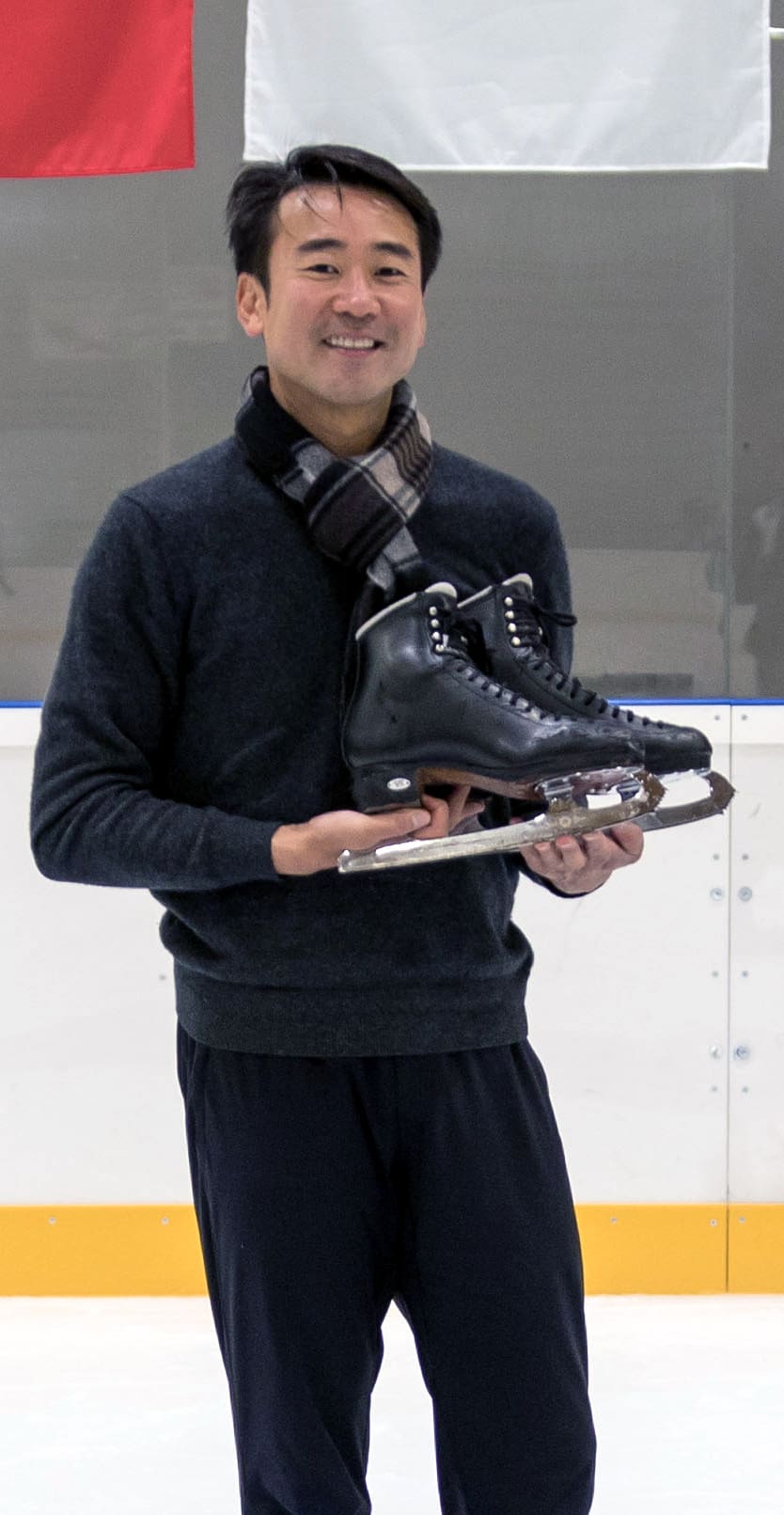
Quick, name a technical specialist.
If you answered Shin Amano, I’m not surprised. Amano was a Japanese national champion in both singles and pairs and was first noticed for his strict calls on Mao Asada, Evgenia Medvedeva, and Ashley Wagner, among others. With a reputation as a stickler for under-rotations, Amano has become one of the few officials that figure skating fans know by name.
At the 2025 Europeans, Amano was the technical specialist for the men’s event, responsible for identifying and calling the performed elements and the levels.
The panel made harsh calls for many men, which fans were quick to praise or criticize Amano for. For example, Daniel Grassl had under-rotations, downgrades, “q” or “!” on all but one of his jumping passes in the free skate and received only a level 2 for his step sequence. He received the technical element score (TES) of 81.87.
At the University Games immediately preceding Europeans, on the other hand, Grassl had only two jumping passes with a “q” or “!” and a level 4 step sequence and received 103.97 TES. While Grassl’s skating was overall worse at Europeans, the dramatic difference between the two competitions highlights the importance of the panel.
At Europeans, there were jump calls in eight of the top ten men’s free skates. While it’s better to have strict calls across the board than inconsistency from skater to skater, this harshness does raise questions. What is Amano (and the rest of the panel) seeing that other tech callers earlier in the season were not? Is having a ‘harsh’ panel fairer, or better for the sport? Or does it simply confuse audiences who have to discount the evidence of their own eyes?
For many fans, the answer depends on whether their favorite skater tends to suffer from under-rotated jumps. I think most people would agree, however, that inconsistent calls from competition to competition are not good for either skaters or audiences.

One way to prevent inconsistency could be to use technology to try to weed out human bias. The ISU has been investigating the use of AI technology to review rotations. The AI would use multiple high-resolution cameras to view jump landings with a higher degree of precision than the human callers can achieve. Such a system is technologically possible but so far has been deemed prohibitively expensive.
Another reform could be to match the camera angles that the audience and the tech panel see. Currently, we quite literally are not watching the same competition or the same slow-motion reviews. With a shared camera angle from the judges’ side, at least we’d all have the same view to argue over.
With judges, everyone can see each individual’s marks and can use the handy charts at skatingscores.com to check for aberrations and possible national bias. However, the three tech panel members give one call. In the case of a disagreement, the majority of 2/3 makes the final decision – and no one outside the panel knows that there was any debate.
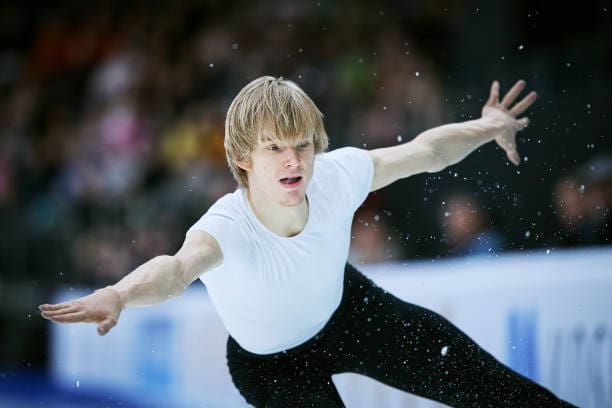
Should we be able to see how each of the three tech panel members individually calls the elements? Technical specialists, unlike judges, can be active coaches and are encouraged to be closely involved with the sport. While they have to disclose the athletes they work with directly to avoid being assigned to those panels, transparency around individual calls would be another check on potential conflicts of interest.
The technical panel could also publish the checklist of features that they use to determine the levels in spins and steps. It would require a change in the software, and some careful thought to the redesign of protocols, but this level of detail is already provided with the key points in ice dance, for example. That would allow skaters to know why they lost a level, making the scores a feedback mechanism and not only a punishment.
But why stop with these modest proposals? Allow me to share the most radical idea I heard at Europeans: we could abolish the tech panel entirely.
Hear me out. Do we really need levels to reward difficulty? Why not make difficulty a feature under the grade of execution, and weigh the GOEs more heavily? Why not allow the judges to give negative GOE to jumps that are under-rotated without requiring a separate panel to make those calls?
Perhaps this comes dangerously close to returning to pre-IJS days of more subjective judging. Nonetheless, the idea appeals to some skaters and coaches who feel the tech panels have too much power, and that the sport has become too obsessed with details at the expense of creativity.
A time for bold ideas
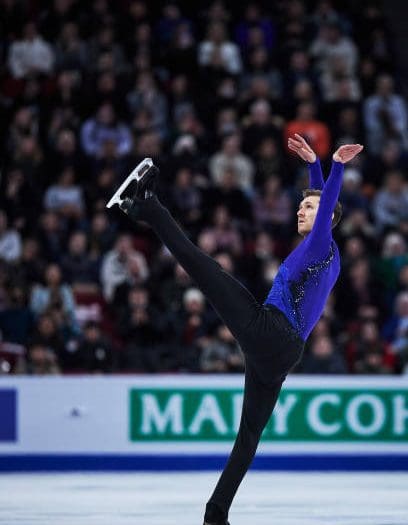
On Wednesday before the competition began, the Singles and Pairs Technical Committee held a meeting with coaches, skaters, and members of federations. For the first time, this meeting was also advertised to the accredited media at Europeans. These meetings are typically for the Technical Committee to brief coaches about proposed rule changes for the following season. However, heading into the Olympic season, no major changes are being proposed by the Committee.
Instead, chair Fabio Bianchetti asked the coaches to think further ahead. He noted that the ISU is looking to make the sport more popular, to build stars, and to shorten the length of competitions. Within that framework, they are looking for new ideas for competition formats, to be implemented around 2030.
Some reform ideas have been circulating for a while, such as having a technical program and an artistic program which would be more distinct from each other than the current short and free programs. With these two programs, the ISU and Olympics could award medals for each program, as well naming a combined champion.
Another recurring idea is a stand-alone jump competition, or perhaps a competition that would reward each of the distinct skills of figure skating in isolation. These competitions have popped up over the years, such as the Broadmoor jump challenge, and the skills events in adult and collegiate skating.
New proposals also came up in the meeting. Agent and producer Ari Zarkarian suggested a new format for the team event: a single program that would include skaters from all four disciplines. With sufficient quality of elements and choreography, that could be more interesting than repeating the programs that skaters go on to do in the individual events, and, in his opinion, could also offer more competitive opportunities for the retired champions of the past. Some coaches thought this could be interesting and would be achievable, while others wondered how the skaters would find time to train together.
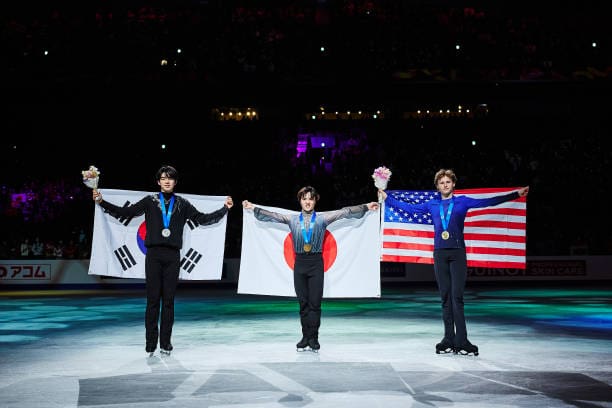
Robin Cousins, the 1980 Olympic Champion and head of the British skating federation, suggested that important changes could be made within the existing format. In his opinion, the ISU should do away with the “small medals” for short program and free skate, and instead award medals for the best combined technical score across the two programs, the best combined PCS score, and the best total score. In 2023, he noted this would have resulted in Ilia Malinin winning the technical world title, Jason Brown winning the artistic, and Shoma Uno winning the combined medal. By creating more champions, and valuing a wider range of skills, this system could satisfy the desire of fans to see their favorite skaters rewarded.
Coach and choreographer Stéphane Lambiel argued that the current judging system needs to be reformed and that changing the format will not be sufficient unless the IJS is also reformed. He would like judges to be able to make faster decisions, therefore shortening the competition time, and this would require simplifying the rules. He proposed removing levels, and instead increasing the value of the GOE for positive and negative execution. In his opinion, this would encourage “quality and beauty”.
Bianchetti acknowledged the need for quality but resisted what he called a return to an older and more subjective way of judging. He stated the dilemma: “It is said that we have too many complicated rules, and the people do not understand these rules, especially when these rules are related to very small details in the spins, in the steps…So the request is all the time to simplify the rules. And we agree, in a way, but from the coaches and technical specialists [we hear] that we must differentiate these things more…So we are pressured, in a way, to be much more precise and so much more complicated. And from the other side, [we hear] ‘you should make something simple that everybody can understand.’ So we are in the middle of these two pressures, and we would like to have some thought and some suggestions for how we can make it simple, but without losing the objectivity.”
Bianchetti announced that there will be another meeting for coaches at Worlds, and he hopes that they will reflect on the proposed ideas and come to the next meeting with more suggestions.
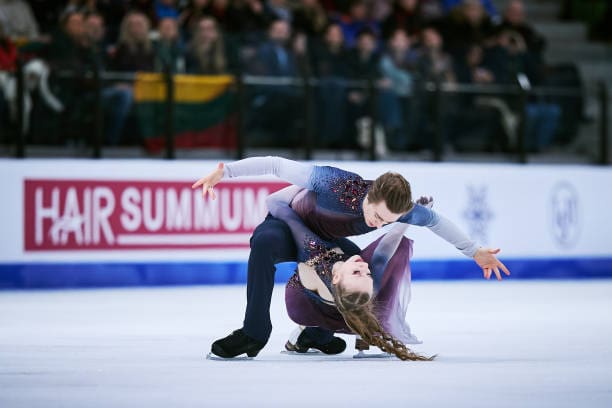
The Ice Dance Technical Committee also held a coaches’ meeting at Europeans, largely focused on the question of Rhythm Dance theme and music rights. While the proposed theme for next season is still ‘dance music of the 21st century,’ they are considering a backup option of dance music of the 1990s. The ISU and its lawyers are still trying to work with the ClicknClear platform to acquire music rights for enough of the music that skaters would want to use.
Some coaches expressed frustration that they are still waiting to know the theme and the pattern-type step, and the Committee promised these decisions would be announced by Worlds. Coaches were encouraged to make playlists of the music they might want to use from either period and to see what is available on the ClicknClear platform.
Across the disciplines, there is a growing conversation about the need to modernize the sport and the challenges of the current media landscape. On the positive side, the Technical Committee meetings showed that there is some openness to feedback and collaboration (an approach that has not always marked the relationship between the ISU and coaches).
What should skating look like after this Olympic season? If you have any clever ideas, it might be the time to start bringing them up!

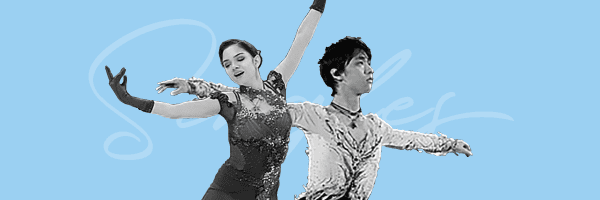
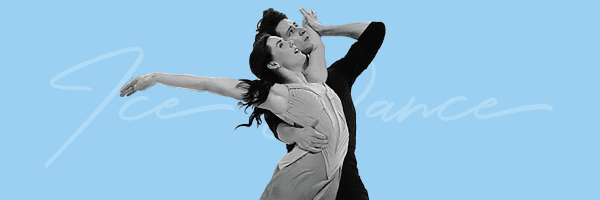

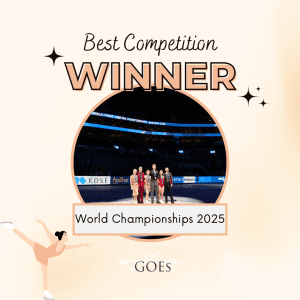
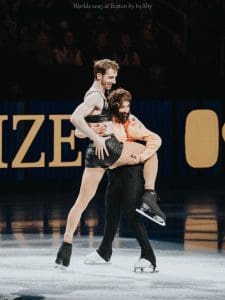

One Reply to “Musings from Europeans 2025”
Thank you for the interesting article, which gives us viewers a little insight behind the scenes. I think that figure skating is no longer well balanced. Skaters at a high technical level have a clear advantage under the current judging system. That’s why I find the proposal to award medals for both the best combined technical score and the best combined PCS score very interesting. This would also give expressive skaters the opportunity to earn medals.